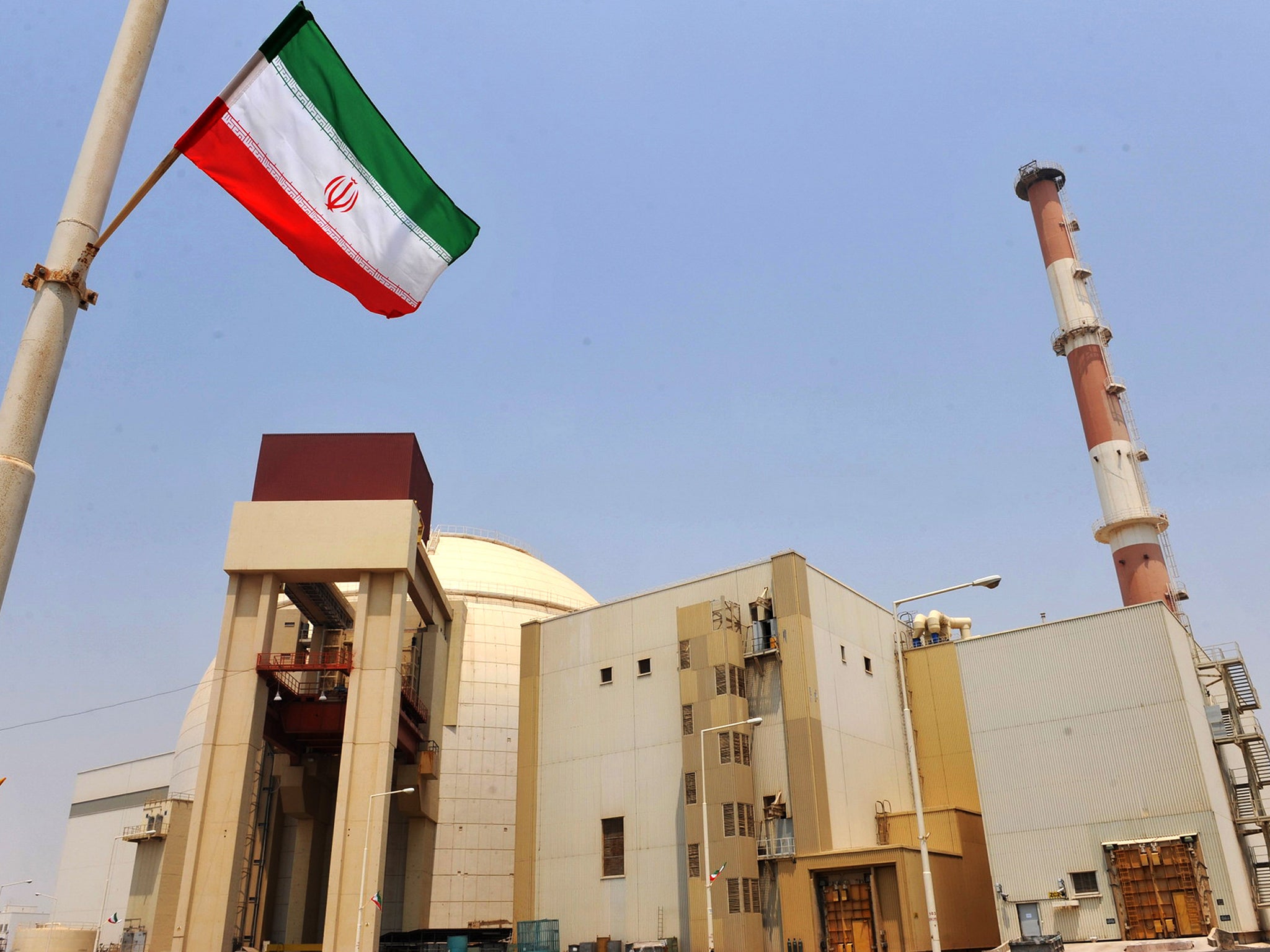UN watchdog closes Iran nuclear weapons inquiry and backs Tehran deal
In a symbolic victory for Iran, International Atomic Energy Agency passes a resolution ending long-running investigation

Your support helps us to tell the story
From reproductive rights to climate change to Big Tech, The Independent is on the ground when the story is developing. Whether it's investigating the financials of Elon Musk's pro-Trump PAC or producing our latest documentary, 'The A Word', which shines a light on the American women fighting for reproductive rights, we know how important it is to parse out the facts from the messaging.
At such a critical moment in US history, we need reporters on the ground. Your donation allows us to keep sending journalists to speak to both sides of the story.
The Independent is trusted by Americans across the entire political spectrum. And unlike many other quality news outlets, we choose not to lock Americans out of our reporting and analysis with paywalls. We believe quality journalism should be available to everyone, paid for by those who can afford it.
Your support makes all the difference.The U.N. nuclear watchdog's 35-nation board decided on Tuesday to close its investigation into whether Iran once had a nuclear weapons programme, opting to support Tehran's deal with major powers rather than dwell on its past activities.
In a symbolic victory for Iran, the International Atomic Energy Agency's Board of Governors passed a resolution that would end its long-running inquiry but allows inspectors to continue to police the country's nuclear programme.
"Done," a diplomat in the closed-door IAEA board meeting said by text message, adding that the decision was reached by consensus, meaning the resolution was unopposed. Other diplomats confirmed the outcome of the session.
The IAEA produced a report this month that strongly suggested Iran had a secret nuclear weapons programme up until 2003, though it found no sign of weapons-related activities beyond 2009.
Despite the finding -- the clearest indication yet by the IAEA, after 12 years of investigation, that Iran was trying to develop an atom bomb even though it denies that accusation -- the international response to the report has been muted.
The United States, Russia, Britain, France, Germany and China reached a deal with Tehran in July under which sanctions weighing on Iran's economy will be lifted in exchange for restrictions on the Islamic Republic's atomic activities.
Those six powers want to press ahead with implementing the July deal and hoped that the IAEA report, produced under the deal, would draw a line under the long-disputed issue of so-called "possible military dimensions" to Iran's activities.
Supporters of the July deal argue that it gives the IAEA far more intrusive powers to inspect Iran's facilities and to monitor what it is doing, and that it extends the time Tehran would need to build an atom bomb if it chose to do so.
"As we close out this important chapter here today, we must remain mindful that we are not closing the agency's ability to investigate any potential concerns that may arise," U.S. envoy Henry Ensher said in the text of his speech to the board.
With companies from the six powers and other nations lining up to do business in the Islamic Republic once sanctions are lifted, there had been little opposition to the resolution.
Beyond the IAEA board, however, some have argued that a full examination of Iran's past violations of its nuclear no-proliferation obligations has been sacrificed for the sake of the political agreement reached in Vienna in July.
"Iran's cooperation was certainly not sufficient to close the overall PMD file," said the Washington-based Institute for Science and Technology, which follows the Iran case closely.
Tuesday's board resolution provides for the heading under which Iran was being investigated to be closed once Iran puts in place the restrictions on its nuclear activities called for by the July deal, which Iran expects to have done by January.
The resolution also asks the IAEA's chief to report to the Board of Governors and the U.N. Security Council "at any time if the Director General has reasonable grounds to believe there is an issue of concern".
Reuters
Join our commenting forum
Join thought-provoking conversations, follow other Independent readers and see their replies
Comments